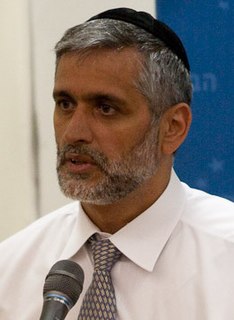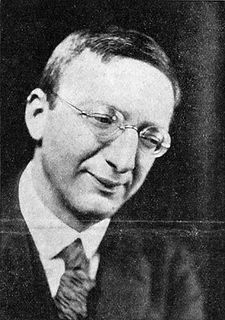A Quote by Amos Oz
A little more than a hundred years ago, "Tel Aviv" was not a city. It was a title of a novel written by an author. The "Return to Zion" was a name of another novel. There was a bookshelf. There was no country. There was no state. There was no nation. There was no physical Jewish reality in this country.
Related Quotes
Israel is a fulfilled dream. Nothing that exists here existed here a hundred years ago. "The State of the Jews" was not a title of a country. It was a title of a futuristic novel. A little more than a hundred years ago, "Tel Aviv" was not a city. It was a title of another novel written by the same author. The "Return to Zion" was a name of another novel. There was a bookshelf. There was no state. There was no nation. All you can see, if you look through the window - everything you see is a fulfillment of dreams, different dreams.
One person may need (or want) more leisure, another more work; one more adventure, another more security, and so on. It is this diversity that makes a country, indeed a state, a city, a church, or a family, healthy. 'One-size-fits-all,' and that size determined by the State has a name, and that name is 'slavery.'





































